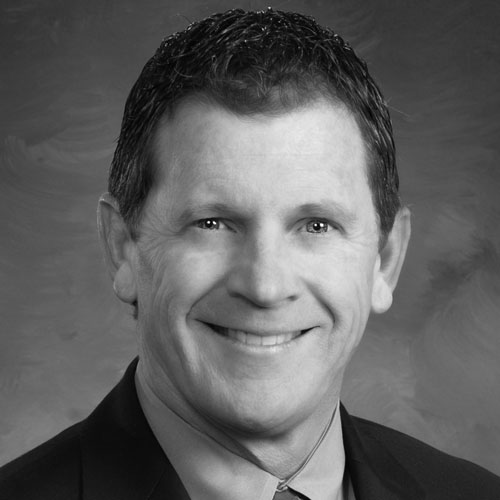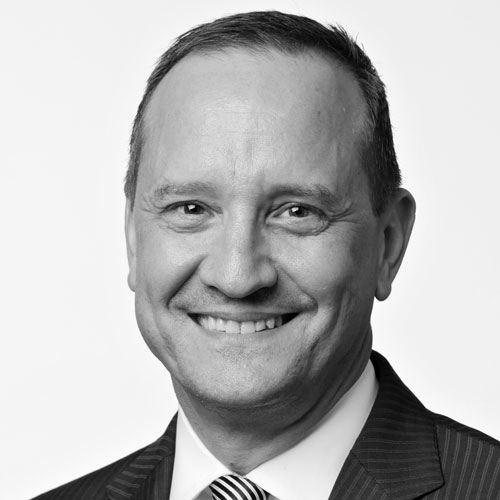
I am an immigrant. I came to the US amidst political turmoil. I was eleven years old. Everyone in my family had to start over and go to work, which very much coincides with the American dream. We were taught Americans work hard, but they get to do what they want in life.
At first, I began mowing lawns and was very excited to turn sixteen so that I could get what I considered to be a “real job,” which was at McDonald’s. To this day, I consider it the hardest job I’ve ever had. I welcomed the hard work and the opportunity to get my hands on this beloved American brand, no matter what the capacity. It’s how I fell in love with the restaurant business.
I feel very at home as Yoshinoya’s CEO. What prepared me was working for other great brands, like McDonald’s, Yum!, Dunkin’ Brands, Arby’s, Chobani, and Jamba Juice. I’ve also started several companies over the years. I’ve learned from each opportunity, but more specifically, I’ve worked in various functions: operations, marketing, finance, development, strategy, and more. It’s meant a much slower path to becoming CEO, because I keep starting over with each new function, but each time I’ve deviated, I’ve also learned a valuable new skill set.
I knew I wanted to be a CEO when I was twenty. I even knew which business school I wanted to attend. I somehow formed this vision of what it meant to be fully assimilated into American culture: for me, it meant becoming CEO of a mid-sized company. I would truly belong, I thought, if I accomplished what I wanted as an immigrant. Today, I think it’s more important to have a global perspective.
In hindsight, my career path was brilliant. At the time, however, it was informed by confusion. I made a lot of mistakes because I was very entrepreneurial. With entrepreneurs, there’s a wild side, a desire to make decisions quickly, to get in the action and to make an impact. It took me years to learn how to align the two very different sides of my personality. If you’re a complete entrepreneur, you’re too erratic for corporate America. If you can keep some of those qualities while delivering results and driving profits, you can break the mold and create the changes necessary to succeed in today’s business environment.
The biggest challenge I have as CEO of Yoshinoya is balancing the short-term with the long-term. What is working today may not work a year or five years from now. Often, managing long-term issues conflicts with short-term results. Essentially, I get paid to manage this conflict, but it’s also my job to create the conflict. Conflict is inherent in this business. For example, operations is in opposition to marketing. Operations must deliver exactly what is planned for, while marketing is constantly trying to change the business and move it forward. You need this conflict. If every day, every facet of your business is seeing eye-to-eye, you may be headed for trouble.
Yoshinoya is really evolving right now. We’re figuring out what our brand will look like in the future. The brand has been an icon in Japan for over one hundred years, and it has been in the US for thirty-five years. We’re shaping what the next thirty-five years will look like. In the next few years, you’re going to see the brand refreshed and repositioned. Like many brands, we have to evolve while hanging on to what’s working. Providing a delicious rice bowl with a variety of toppings for a very reasonable price is what we do; it’s our core value, and that will never change.

